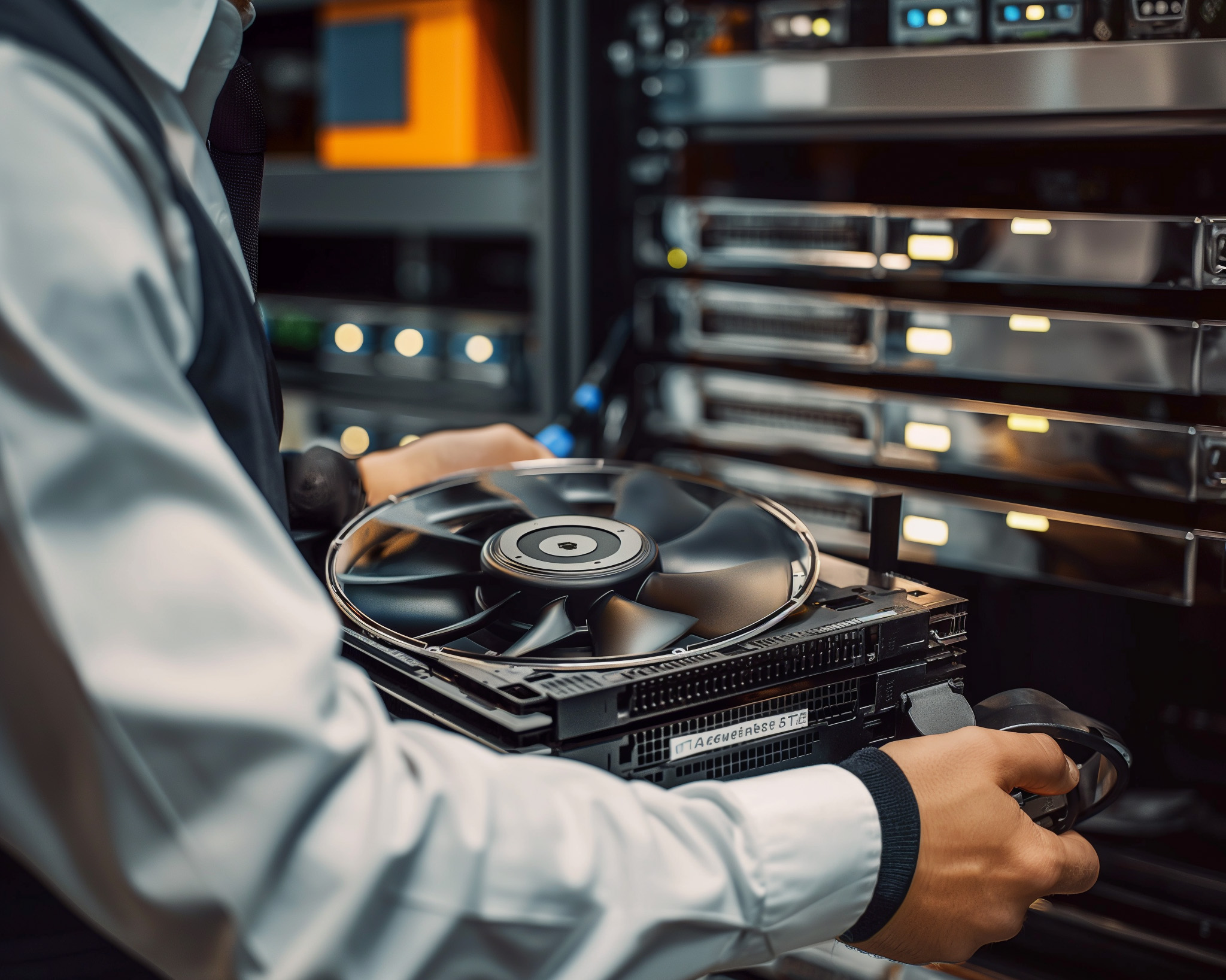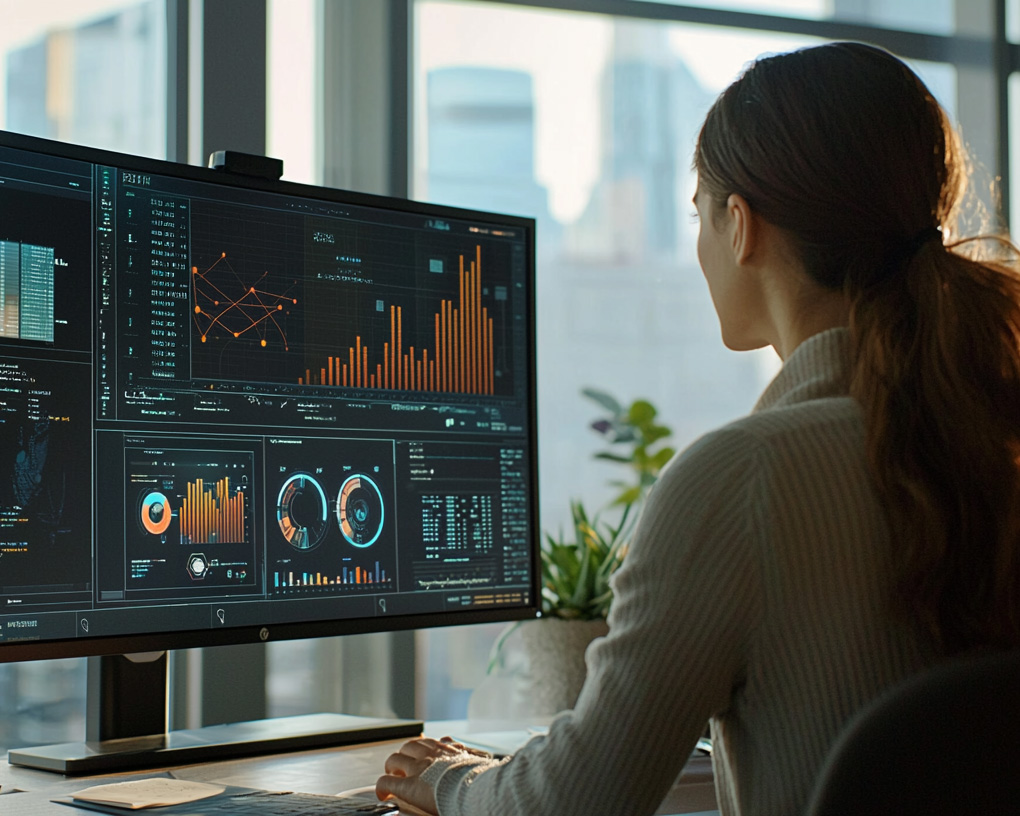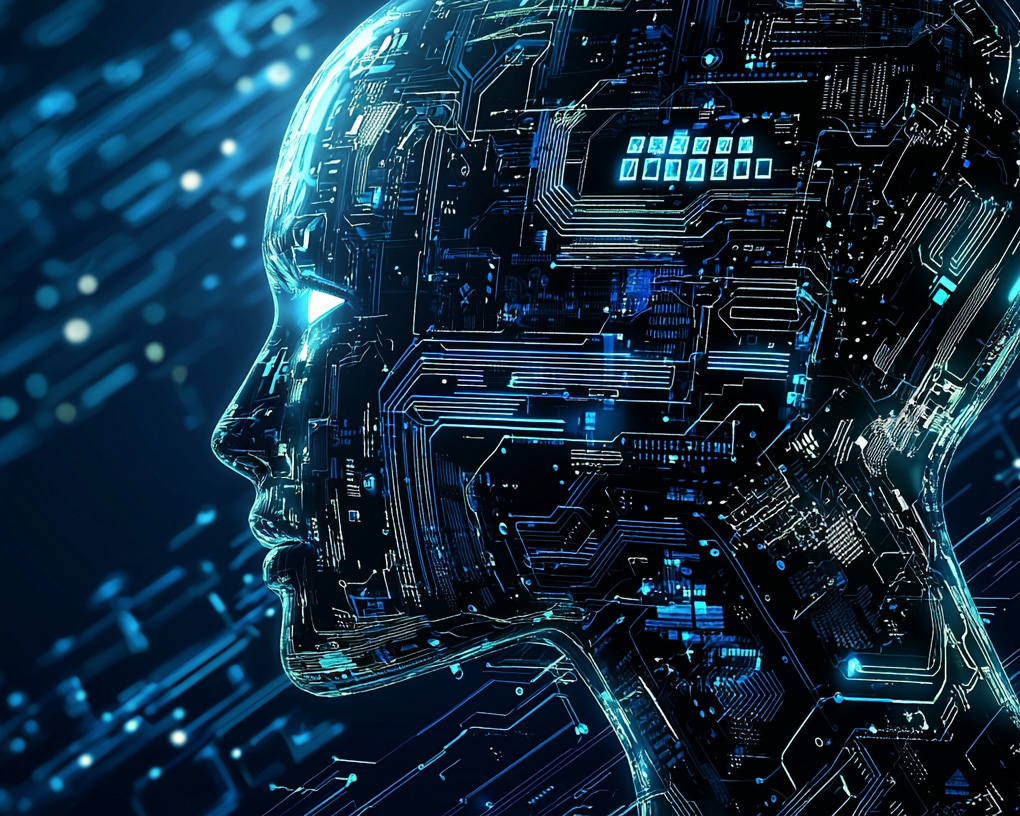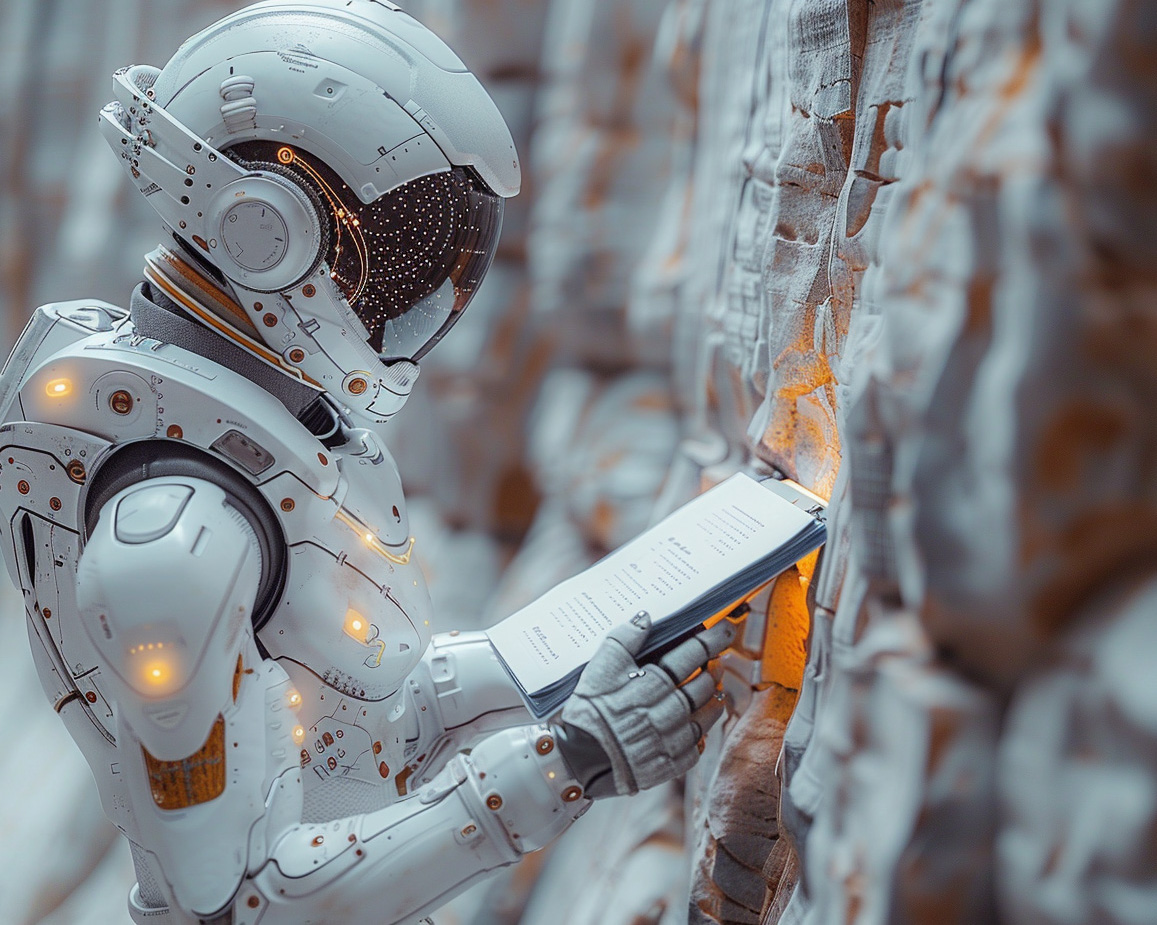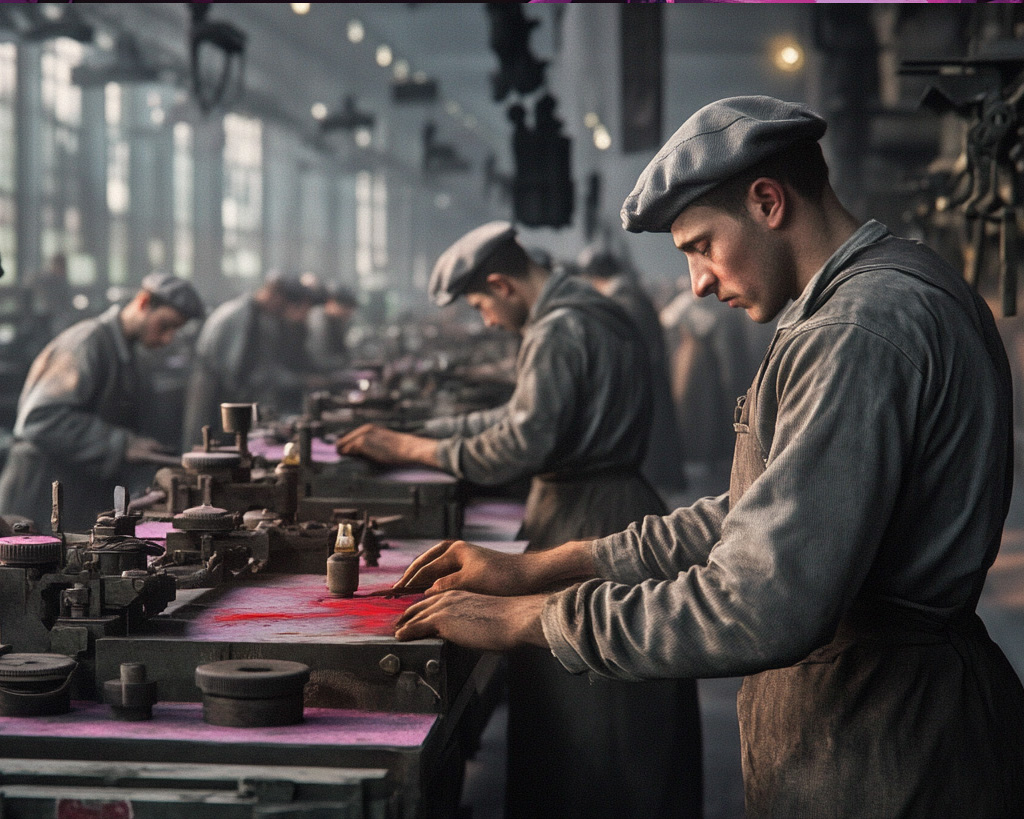Alex, a factory worker in Metropolis, faced a life-changing transition when his job was replaced by AI-powered robots. Initially distraught, he learned to adapt by acquiring new skills in renewable energy. This journey highlights the broader societal shifts as technology redefines traditional employment and encourages human-tech collaboration.
A Life Disrupted
Alex was a hardworking factory worker in the bustling city of Metropolis. For years, he had operated machines on an assembly line, providing for his family. But one day, his world turned upside down. The factory announced it was replacing human workers with fully automated robots. “They never get tired, never ask for raises,” the manager explained apologetically.
Distraught, Alex wandered the streets, wondering what would happen to people like him. As he looked around, he saw signs of the change everywhere. Self-driving trucks replaced delivery drivers, AI-powered chatbots managed customer service, and even a friend of his—a financial analyst—was laid off because algorithms could now do the job faster and better.
Embracing Change
Initially, Alex wanted to fight back, to rally against the robots. However, his encounter with Sarah, a former truck driver who had retrained as a medical assistant, changed his perspective. “It’s not about fighting the machines. It’s about learning how to work alongside them or find something they can’t do,” Sarah advised.
Sarah informed Alex about government re-skilling programs. Inspired by her story, Alex enrolled in a course for solar panel installation, a growing industry driven by the need for renewable energy. Meanwhile, Alex noticed a troubling trend: wealthier neighbors thrived as AI developers or data scientists, while others struggled with low-paying gig work. Inspired by Maya, an activist pushing for a tax on AI-profiting corporations, local governments began implementing wealth redistribution policies.
Finding New Roles and Purpose
One evening, Alex visited his cousin Tom, a radiologist worried about AI reading X-rays better than him. Alex and Sarah suggested Tom combine his expertise with AI. Doctors who understand AI results and reassure patients will always be needed. Tom attended a seminar on human-AI collaboration, finding a new role guiding hospitals on integrating AI while maintaining patient care standards.
Despite his progress, Alex noticed former colleagues struggling emotionally without their jobs. To help, he volunteered at a community center where people shared skills and passions, from painting to gardening. “It’s not just about earning a paycheck,” Alex told them. “We need to find meaning in other ways.” The center became a hub for creativity and connection, helping many rediscover their purpose.
Years later, Alex stood in his solar panel workshop, reflecting on how far he’d come. The world had changed dramatically, but people had adapted. Governments introduced universal basic income, and communities rallied around new forms of work and purpose. For Alex, the AI revolution wasn’t just about machines taking over jobs; it was about learning to collaborate with technology and finding new ways to thrive.
Alex’s story illustrates how individuals and societies can navigate AI’s challenges in the workforce, emphasizing adaptation, collaboration, and the search for meaning beyond traditional employment.
